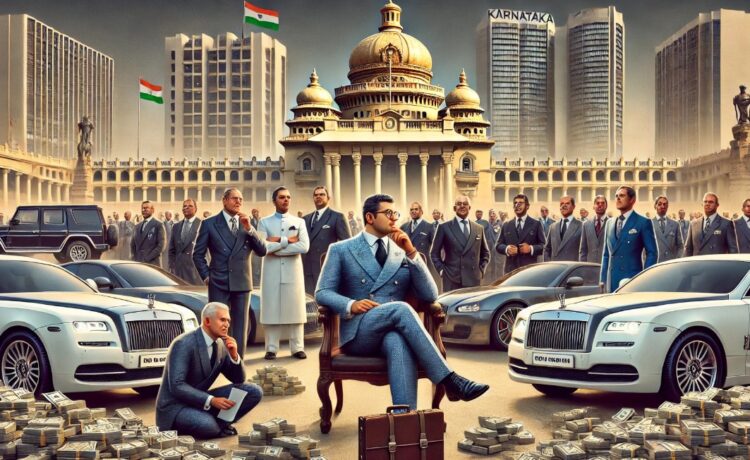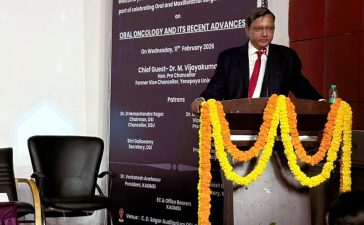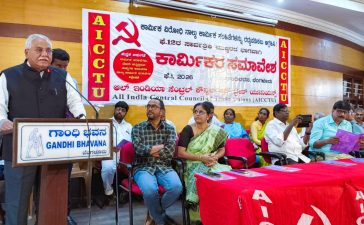Karnataka: The Epicenter of India’s Wealthiest MLAs
Karnataka’s Dominance in Wealthy Legislators
Karnataka has emerged as a significant hub for India’s wealthiest Members of Legislative Assembly (MLAs), with the state boasting 31 billionaire legislators. This concentration underscores the financial clout within its political landscape. Notably, Karnataka’s Deputy Chief Minister and Congress leader, D.K. Shivakumar, stands as the second-richest MLA in the country, with declared assets exceeding ₹1,413 crore.
National Context: Wealthiest MLAs Across India
A recent report highlights that the richest MLA in India is Parag Shah of the Bharatiya Janata Party (BJP), representing Mumbai’s Ghatkopar East constituency, with assets totaling approximately ₹3,400 crore. Following closely is D.K. Shivakumar. Other notable affluent MLAs include K.H. Puttaswamy Gowda, an Independent MLA from Karnataka, with assets around ₹1,267 crore, and Priyakrishna, a Congress MLA from Karnataka, possessing assets worth ₹1,156 crore.
Regional Disparities and Party Affiliations
The report reveals significant regional disparities in the distribution of wealth among MLAs. Karnataka leads with 31 billionaire MLAs, followed by Andhra Pradesh with 27 and Maharashtra with 18. This concentration of wealth is predominantly observed in the southern and western regions of India. In terms of party affiliations, the average assets per MLA are notable in parties such as the Telugu Desam Party (TDP) with ₹67.97 crore, the Shiv Sena with ₹29.81 crore, the Congress with ₹26.86 crore, and the BJP with ₹15.89 crore.
Government Policies and Political Reactions
The substantial wealth accumulation among certain MLAs has sparked discussions regarding the effectiveness of existing policies aimed at ensuring financial transparency and accountability in politics. Proponents argue that affluent politicians can leverage their resources for public good, while critics express concerns over potential conflicts of interest and the influence of wealth on policy decisions. The ruling government acknowledges the need for stringent regulations to monitor the financial declarations of public representatives. Opposition parties, on the other hand, call for comprehensive reforms to address the growing economic disparities among legislators, advocating for policies that promote equitable representation irrespective of financial standing.
Implications on Society and Ongoing Debates
The disparity in wealth among MLAs raises critical questions about the accessibility of political platforms to individuals from diverse economic backgrounds. There is an ongoing debate on whether the political arena is becoming increasingly exclusive to the affluent, potentially sidelining the voices of the less privileged. This scenario underscores the importance of implementing measures that encourage participation from individuals across various socioeconomic strata, ensuring that legislative bodies reflect the diverse fabric of society.
Conclusion
The findings from the report shed light on the significant wealth disparities among India’s MLAs, particularly highlighting Karnataka’s prominence in this context. While the presence of wealthy legislators is not inherently detrimental, it necessitates a balanced discourse on maintaining democratic principles, ensuring fair representation, and preventing the undue influence of wealth in the political domain.
Q & A
Q1: Why is Karnataka being called the hub of billionaire MLAs?
A: Karnataka leads the country with 31 billionaire MLAs, including Deputy Chief Minister D.K. Shivakumar, who is the second-richest legislator in India. The state’s economic and political landscape has contributed to this concentration of wealth.
Q2: Who are the richest MLAs in India?
A: Parag Shah (BJP) from Maharashtra is the richest MLA with ₹3,400 crore in assets, followed by D.K. Shivakumar (Congress) from Karnataka with ₹1,413 crore. Other notable names include K.H. Puttaswamy Gowda and Priyakrishna, both from Karnataka.
Q3: How does the wealth of MLAs vary across states?
A: Karnataka, Andhra Pradesh, and Maharashtra have the highest number of billionaire MLAs. Wealth distribution is skewed towards southern and western states, reflecting regional economic disparities.
Q4: What concerns are being raised about wealthy politicians?
A: Critics argue that extreme wealth among politicians could lead to conflicts of interest, reduced accessibility for candidates from modest backgrounds, and an undue influence of money in policymaking.
Q5: What do political leaders say about this trend?
A: The ruling government stresses the importance of wealth transparency, while the opposition calls for reforms to ensure fair political participation and curb financial influence in elections.
![]()











